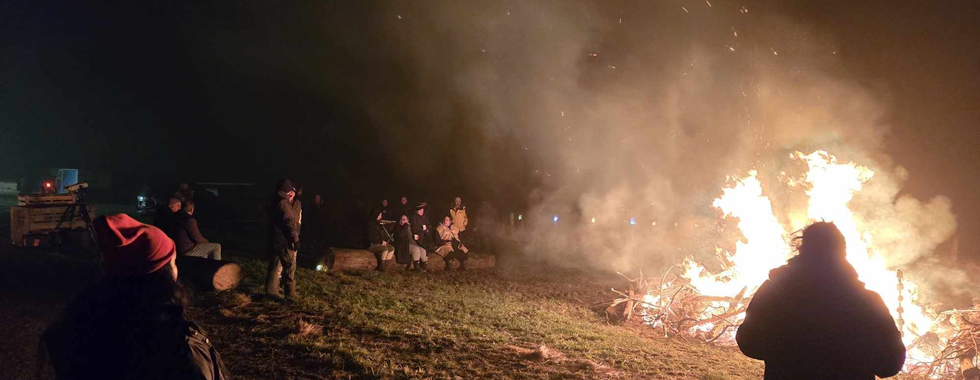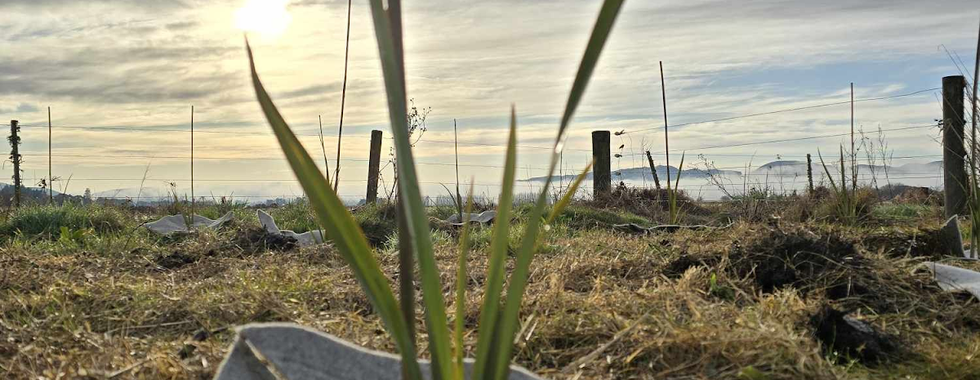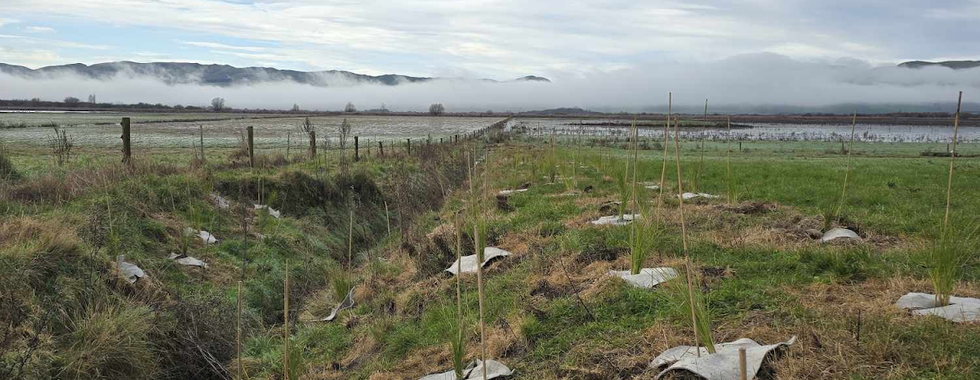Date: July 6, 2024

Story of the Event:
On a cold and foggy morning at Poukawa Lake, the community came together to honour Matariki, the Māori New Year. The serene setting by the lake became a hub of activity and reflection, where several fires blazed, lighting up the Whanau and Community who participated. Zack Makoare alongside his daughter aptly named Matariki, led the event, starting with a karakia to bless the day and acknowledge the ancestors. Participants, including 15 Rangatahi and 85 Whanau and Community members, listened to the story of Matariki around the fireside and worked side by side planting 300 native plants, symbolising growth and new beginnings.
The day was filled with laughter, storytelling, and the sharing of knowledge about Matariki. Whanau members prepared and shared traditional kai as a the Hautapu, reinforcing the sense of community and togetherness.

Cultural Significance:
Matariki, the Māori New Year, is a time of reflection, planning, and community. The event at Poukawa Lake highlighted these values, bringing people together to honour their heritage and the natural world. Planting native plants was a powerful act of reconnecting with the land and preserving it for future generations. The celebration highlighted the importance of whakapapa, connecting individuals to their ancestors and to each other.

Community Engagement and Empowerment:
Poukawa3030 was more than a celebration; it was a symbolic event of community strength and unity. By working together, participants reinforced their commitment to environmental stewardship and collective well-being. The event provided an opportunity for Rangatahi to learn from elders, fostering intergenerational connections and empowering youth to take active roles in their community.
Additional Points on Māori Culture:
Whakapapa and Manaakitanga: The event provided a space for participants to honour their whakapapa, recognising their lineage and the responsibilities that come with it.
Whare Tapawha: The celebration embodied the holistic approach of Whare Tapawha, integrating physical, spiritual, mental, and family well-being into the day's activities. Through communal meals, storytelling, and cultural rituals, the event nourished both body and spirit.

Clinical Perspective:
From a clinical perspective, the Poukawa3030 event played a significant role in promoting mental and physical well-being within the community. The act of coming together for a shared purpose, especially in a natural setting, has been shown to reduce stress and enhance overall mental health.
Engaging in physical activities such as planting not only contributes to physical fitness but also boosts mood and provides a sense of accomplishment. Additionally, the emphasis on cultural rituals and communal support can enhance psychological resilience and a sense of belonging.
Conclusion:
Poukawa3030 was a resounding success, exemplifying the resilience, unity, and cultural richness of the community. The celebration of Matariki not only brought people together but also reinforced their commitment to preserving and perpetuating Māori traditions. As the day ended, the newly planted native flora stood as a testament to the community's dedication to the environment and to each other. The event's legacy will continue to inspire and unite the community in the years to come.





































Comentários